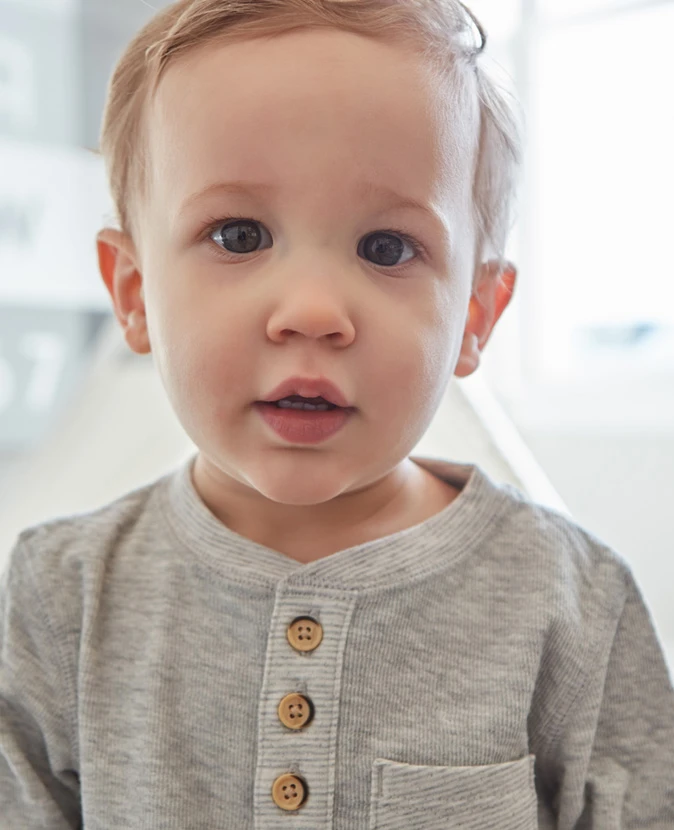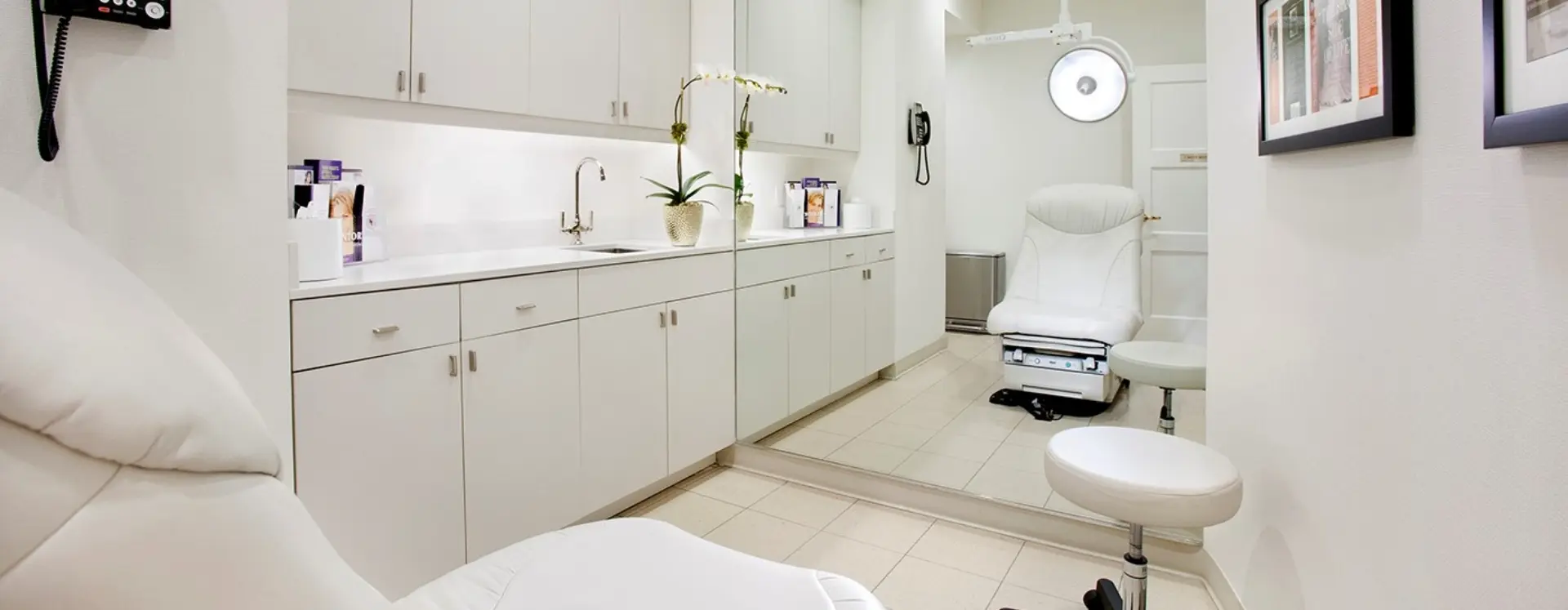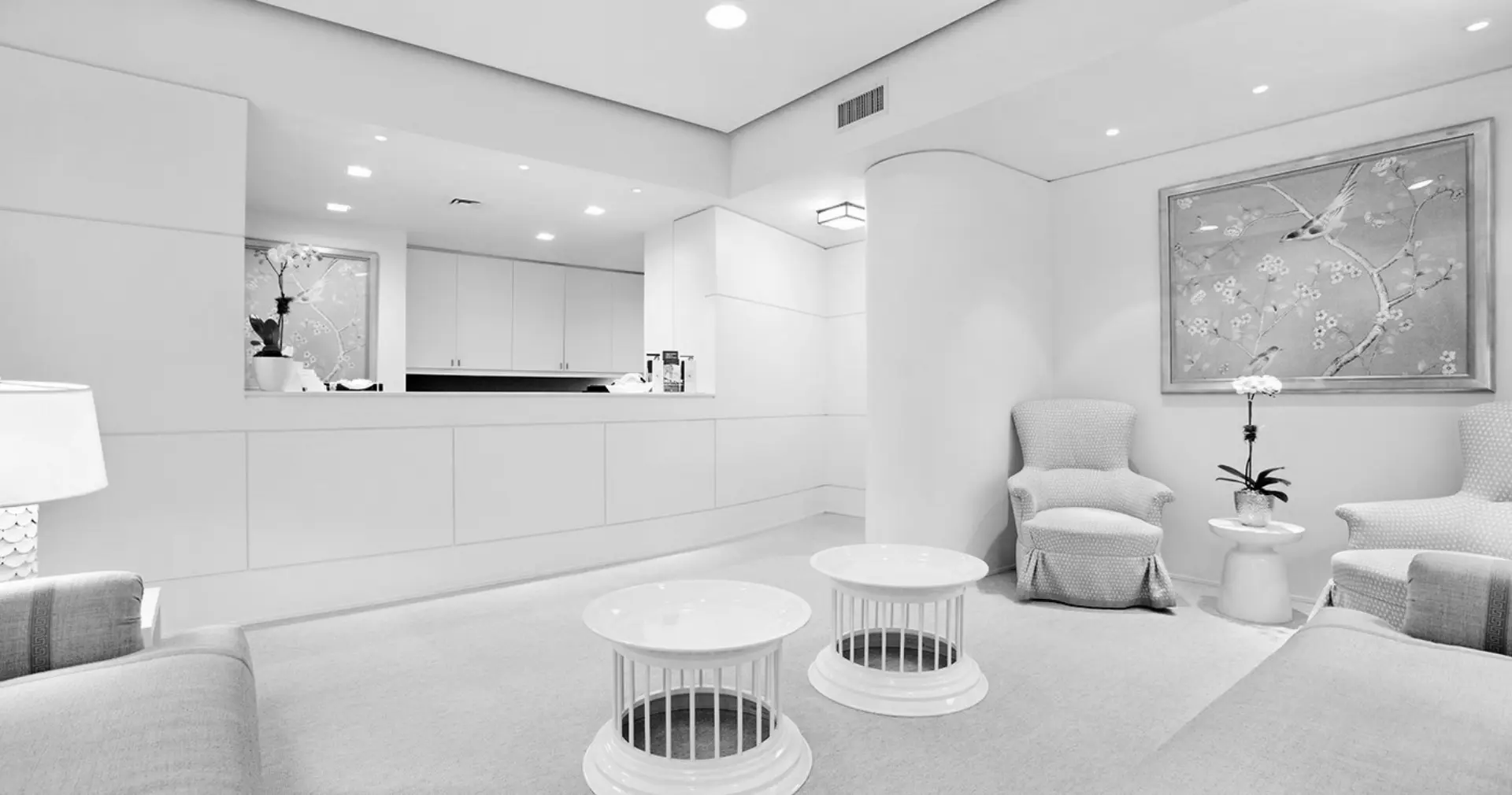
Stephen M. Warren MD, FACS
Pediatric Craniofacial Surgery in New York City
What is Pediatric Craniofacial Surgery?
Pediatric Craniofacial Surgery is a broad field of surgery used to treat patients (newborns to 18 years of age) with congenital or acquired conditions that affect the skull, face, and/or mandible. Congenital bony conditions treated with Craniofacial Surgery include: non-syndromic craniosynostosis (eg. metopic, coronal, sagittal, etc.), syndromic craniosynostosis (Apert, Crouzon, Pfeiffer, etc. syndromes), orbital malposition (eg. neurofibromatosis), midface hypoplasia (Treacher Collins syndrome), nasal differences (eg. nasal clefts), mandibular hypoplasia (eg. Robin sequence, craniofacial microsomia, Nager syndrome, etc.), microgenia, etc.
Introduction to Pediatric Craniofacial Surgery
Whether it’s yours, a family member’s, or even a friend’s, a child’s birth is full of excitement, but also a little bit of fear. Will they have their mother’s or father’s smile? Will they do well in school? Will they be happy? What will they grow up to be? It is fun to speculate about these questions, but– will they be healthy?– is a more ruminative question that can be stressful for many soon-to-be parents, grandparents, uncles, aunts, and friends. While uncommon, there are a number of congenital conditions that affect the development of the skull, face, and mandible. Some of these conditions are identified by prenatal ultrasound and others are not detected until birth. Collectively, this diverse array of conditions is treated by Pediatric Craniofacial Surgery. Dr. Stephen Warren uses the skills, expertise, and techniques gleaned from years of mentorship by expert teachers as well as his own developmental biology and surgical research to help children with craniofacial conditions live healthier lives.

Congenital soft conditions treated with Craniofacial Surgery include: oblique facial clefts (eg. 0-14 Tessier clefts, macrostomia, etc), microtia, preauricular and branchial/pharyngeal vestiges, glossoptosis (peripheral obstructive sleep apnea), aplasia cutis congenita, Parry-Romberg syndrome, congenital nevi, etc.
Acquired bony conditions treated with Craniofacial Surgery include: fractures (skull, orbit, cheek and jaw), radiation-induced hypoplasia, post-surgical defects (post-craniotomy), etc. Acquired soft tissue conditions treated with Craniofacial Surgery include: burns, dog bites, post-surgical scars, lacerations, etc. Craniofacial surgery treats conditions like these by moving or reshaping the bones (eg distraction osteogenesis or traditional bone movements), augmenting bones with allografts or implants (eg. custom or off-the-shelf artificial materials) and soft tissue closures, rearrangements, augmentation or flaps.
Benefits of Pediatric Craniofacial Surgery
What are the Benefits of Pediatric Craniofacial Surgery?
Craniofacial surgery can provide life-changing results that affect both health and appearance. Some of these benefits include:
- Increased space for brain growth (decreased intracranial pressure)
- Change in appearance of skull shape
- Correction of double vision (orbital dystopia) – avoidance of amblyopia
- Treatment of exposed corneas (ectropion, proptosis)
- Improved nasal airflow – improved sense of smell
- Improved sleep (treatment of obstructive sleep apnea)
- Improved midface fullness and symmetry
- Improved maxillomandibular dental relationship
- Improved chin projection and jawline contour


Who are the Best Candidates for Pediatric Craniofacial Surgery?
Best Candidates For Pediatric Craniofacial Surgery
Any child (newborn-18 years of age) with a congenital or acquired craniofacial condition can be a candidate for Pediatric Craniofacial Surgery. The best candidates for Pediatric Craniofacial Surgery include patients with:
- Nonsyndromic craniosynostosis
- Syndromic craniosynostosis Apert, Crouzon, Pfeiffer, etc. syndromes
- Orbital malposition (hypertelorbitism)
- Midface hypoplasia (Treacher Collins syndrome),
- Nasal differences (eg. nasal clefts)
- Mandibular hypoplasia (eg. Robin sequence, craniofacial microsomia, Nager syndrome, etc.)
- Microgenia
- Oblique facial clefts (eg. 0-14 Tessier clefts, macrostomia, etc),
- Microtia
- Preauricular and branchial/pharyngeal vestiges,
- Glossoptosis (peripheral obstructive sleep apnea),
- Aplasia cutis congenita
- Parry-Romberg syndrome
- Congenital nevi
- Fractures (skull, orbit, cheek and jaw)
- Radiation-induced hypoplasia
- Post-surgical defects (post-craniotomy)
- Burns
- Dog bites
- Post-surgical scars
- Lacerations

The First Steps
What’s The First Step?
The first step to Pediatric Craniofacial Surgery is to contact our office and schedule a consultation with Dr. Warren. When you come in, Dr. Warren will review your medical history and x-rays, listen to your concerns, and, if necessary, connect you with other members of the NextGenFace Craniofacial Team (eg. orthodontist, prosthodontist, oculoplastic surgeon etc.). For out-of-town or international patients, a virtual consultation can be easily arranged. Once the treatment plan is underway, you can schedule a surgical date with our Patient Coordinator. We will arrange preoperative testing and clearance for surgery. For out-of-town or international patients, we can arrange presurgical clearance by a local concierge pediatrician. Perioperative instructions, hospital times and locations, and an itemized price breakdown will all be provided before surgery.
What to Expect on the Day of Craniofacial Surgery
Dr. Warren performs Pediatric Craniofacial Surgery in a number of internationally recognized hospitals in New York City. When treating children, Dr. Warren only works with board certified pediatric anesthesiologists. On the morning of surgery, Dr. Warren will meet with you in the preoperative area to briefly re-review the surgical plan and answer any last-minute questions. Once in the operating room, the patient will undergo general anesthesia. Depending on the type of Pediatric Craniofacial Surgery to be performed, incisions may be made in the scalp, upper or lower eyelids, face, nose, under the upper or lower lips, or under the jaw. Pediatric Craniofacial Surgery takes anywhere from 1 to 12 hours to complete depending on the procedures to be performed. Dr. Warren will update the family after each step of the procedure so that they can follow the progress and know that the patient is doing well. Dr. Warren will see the patient in the recovery room and then the patient may be allowed to go home (ie. outpatient surgery) or may stay in the hospital (ie regular room or intensive care unit) overnight or for a few days. During this procedure, you may see students, residents, physician assistants, etc., but only Dr. Warren will perform the operation.
How Much does Pediatric Craniofacial Surgery Cost in New York City?
The cost of Pediatric Craniofacial Surgery in New York City will vary depending on many factors, including the procedure to be performed, the complexity of the reconstruction, and the time needed for surgery. The best way to determine the cost of your surgery is to consult with Dr. Warren and make a list of your surgical goals. Once your goals are identified, the steps necessary to achieve those goals can be defined, and a personalized surgical plan with a complete breakdown of the cost of the procedures will be provided by our Patient Coordinator.
Pediatric Craniofacial Surgery Recovery
Patients will spend about 2 hours in the recovery room. Since Dr. Warren injects local anesthetics during surgery, most patients do not have any pain in the recovery room. Instead, if anything, patients describe a sense of ‘pressure’. After a couple of hours in the recovery room, patients will either be taken home by a family member or friend or stay overnight in the hospital. Patients will be given dietary instructions to promote satisfactory soft tissue healing and bone formation. During the first few weeks, patients should keep thier activity to a minimum so that the incisions can heal. We advise that you plan to take at least one week off from work or school, but sometimes more time is necessary if accessory procedures are performed. Dr. Warren uses a balanced postoperative pain medication regimen to minimize side effects (eg. nausea) and still provide excellent pain relief. There are typically no sutures to remove at the 1 week post-op appointment. Out-of-town and international patients can fly home on the same day as the postoperative visit. You should be able to gradually return to low impact activities such as riding a stationary bicycle (eg. Peloton) after 3 weeks. After 8 weeks, bone and soft tissues will have healed, and you can return to unrestricted activities. During this time, you will notice improvement in the skull, face, and or/mandible as the postoperative swelling fades.


Choose us for Pediatric Craniofacial Surgery in New York, NY
Why choose Dr. Warren?
Dr. Stephen M. Warren is a board-certified plastic surgeon specializing in craniofacial surgery. He trained in Los Angeles with Dr. Henry Kawamoto, in Boston with Drs. John Mulliken, Gary Rogers, and Michael Yaremchuk, and in New York with Drs. Court Cutting, Charles Thorne, Joseph McCarthy, and Barry Zide. While Dr. Warren was at NYU Langone Medical Center for many years, he moved his practice outside of the hospital to maintain the tradition of personalized craniofacial care. Dr. Warren continues to work with nearly two dozen craniofacial care specialists and he is a member of the NextGenFace Cleft and Craniofacial Team. Dr. Warren is a tenured Associate Professor of Plastic Surgery, Associate Professor of Oral & Maxillofacial Pathology, Radiology and Medicine at NYU Langone Medical Center. He is an emeritus Associate Professor of Cell Biology, emeritus Director of the Institute of Reconstructive Plastic Surgery Laboratories, emeritus Director of the Division of Clinical and Translational Research, emeritus Director of the Variety Center for Craniofacial Surgery, and emeritus Director of the Craniofacial Surgery Fellowship program at NYU Langone Medical Center. Dr. Warren is a Diplomate of the American Board of Plastic Surgery and a Fellow of the American College of Surgeons. He is a member of 23 professional societies, an ad hoc reviewer for 30 scientific journals, and on the editorial boards of a number of journals. He has authored nearly three hundred textbook chapters, clinical, and scientific articles. He has trained over 50 research and clinical fellows. Dr. Warren is frequently asked to lecture nationally and internationally on craniofacial surgery, tissue engineering, and regenerative medicine.
Schedule Consultation
Dr. Warren is here to help learn more about the benefits of Pediatric Craniofacial Surgery. These are life-changing procedures. Call us at 212-447-6229 or request a consultation through our website. Out-of-town and international patients can meet and discuss Pediatric Craniofacial Surgery with Dr. Warren by telehealth visit. Having to make treatment decisions can be stressful, but you can breathe a little easier knowing that you have one of the best Pediatric Craniofacial Surgeons in the field looking after your child.
Stephen M. Warren, MD, FACS
Pediatric Craniofacial Surgery FAQ’s

What Patients have
To say about our practice
To say about our practice
Sarah b.
Dr Warren is one of the world most talented surgeon that i have ever had the pleasure of meeting. My son's medical challenges started 16 years ago, at birth. Dr Warren recommended and performed a brilliant, genius surgery to rectify facial symmetry caused by a tumor.Samantha F.
Dr Warren is patient, systematic, thorough, a true perfectionist. I have the highest regard for everything Dr Warren did before, during and post surgery. Dr Warren made himself accessible around the clock to ensure that my son was taken care of every single step of the way.Debbie G.
Dr. Warren did my sons cleft lip/gum/nose surgery and will be doing his palate surgery. He not only is a fantastic surgeon but he has an incredible bedside manner, explains everything thoroughly, and is in such constant communication with us, we don’t feel we need a whole “team”.Robert A.
Dr. Warren is a consummate professional and an incredibly skilled surgeon. He has an amazing and comforting bedside manner that is equally met by his successful results as a surgeon.
Schedule your
Consultation
Consultation